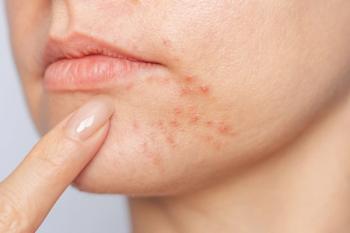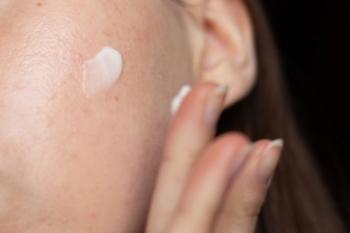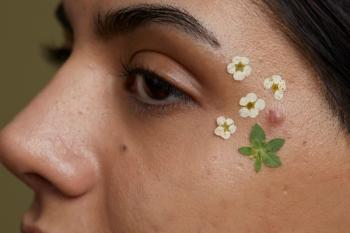
New Sol-Gel cream shows positive phase 3 results for acne vulgaris
Sol-Gel’s new investigational microencapsulated benzoyl peroxide and tretinoin combination cream, Twyneo, for the treatment of acne vulgaris shows promising results from recently released phase 3 data with both clinical trials meeting all primary endpoints.
Sol-Gel Technology Ltd., a clinical-stage dermatology company, recently announced promising phase 3 results from two clinical trials analyzing their investigational drug, Twyneo, for the treatment of acne vulgaris.
Meeting all primary endpoints, both trials included an absolute change in the baseline at week 12 in inflammatory and non-inflammatory lesion count, as well as a portion of participants who accomplished at least a two grade reduction from the baseline and attained a clear or almost clear rating at week 12 on the Investigator Global Assessment (IGA) scale.
The clinical trials (SGT-65-04 and SGT-65-05) - both multicenter, double-blind, randomized, parallel-group, and vehicle-controlled - looked at the safety and efficacy of Twyneo, a microencapsulated benzoyl peroxide 3% and tretinoin 0.1% combination cream.
During the studies, 858 subjects nine years and older with moderate-to-severe acne vulgaris were treated in a randomized fashion with either the vehicle cream (n=287) or Twyneo (n=571) once daily for 12 weeks.
Results of the studies show that in SGT-65-04, 38.5% of trial participants treated with Twyneo reached success on the IGA scale compared to 11.5% in the vehicle group. Additionally, SGT-65-05 reveals 25.4% of Twyneo patients reached success on the IGA scale compared to 14.7% of patients treated with the vehicle.
The treatment displayed a -21.6 absolute change in the baseline of inflammatory lesion count versus -14.8 for the vehicle group in SGT-65-04. While data from SGT-65-05 showed a -16.2 absolute change in the baseline of inflammatory lesion count with Twyneo compared to -14.1 in the vehicle group.
Additionally, the absolute change in the baseline of non-inflammatory lesion count in SGT-64-04 was -29.7 for patients treated with Twyneo and -19.8 in patients the vehicle group. Data from SGT-65-05 reveals the absolute change in the baseline of non-inflammatory lesion count is -24.2 for Twyneo versus -17.4 for the vehicle.
Due to benzoyl peroxide’s ability to degrade tretinoin, it subsequently decreases tretinoin’s efficacy. However, Sol-Gel says that their method of microencapsulating tretinoin and benzoyl peroxide creates a stable drug therapy that reduces possible irritation caused by skin application and extends drug delivery time of the active ingredients.
“Twyneo combines, for the first time, two of the safest and most effective topical agents available for the treatment of acne into a single application. Due to stability issues, these products don’t play well together and we were never able to recommend even consecutive co-application of the two agents; Sol-Gel’s technology has solved that,” says Hilary Baldwin, M.D., Rutgers Robert Wood Johnson School of Medicine, New Jersey.
While investigators noted that some patients displayed mild localized skin reactions, they say that Twyneo was generally well-tolerated, with no treatment-related serious adverse events across both trials, and four reported unrelated serious adverse events (one Twyneo and three vehicle).
With the release of results from Sol-Gel’s two clinical trials, they say that Twyneo is on its way to become the first benzoyl peroxide and tretinoin combination treatment for acne vulgaris.
The company will be submitting their NDA during the second half of 2020, with anticipated FDA approval projecting Twyneo’s release by the second half of 2021. Dr. Alon Seri-Levy, CEO of Sol-Gel, also says that they are looking forward to presenting the results of the trails at upcoming meetings.
Newsletter
Like what you’re reading? Subscribe to Dermatology Times for weekly updates on therapies, innovations, and real-world practice tips.











